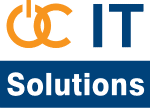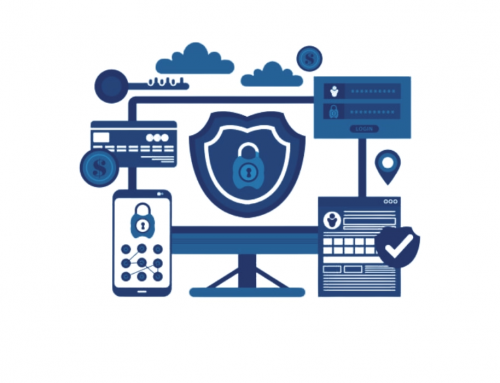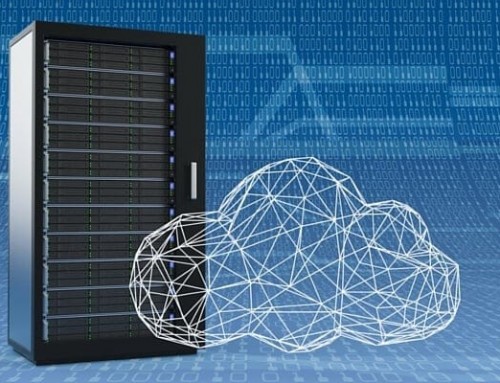HIPAA Compliance for Health Care Providers
HIPAA, the Health Insurance Portability and Accountability Act, sets the standard for protecting sensitive patient data. Any medical clinic/company that deals with protected health information (PHI) must ensure that all the required physical, network, and process security measures are in place and followed. Any entity who interact with patient information is included in this protocol and must be compliant as well: anyone who provides treatment, payment and operations in healthcare, and business associates (BA); plus anyone with access to patient information to provides support in treatment, payment or operations. Subcontractors, or business associates of business associates.
What is HIPAA Privacy Rule?
This rule addresses the saving, accessing and sharing of medical and personal information of any individual.
What is HIPAA Security Rule?
This rule outlines national security standards to protect health data created, received, maintained or transmitted electronically, also known as electronic protected health information (ePHI).
If you are hosting your data with a HIPAA compliant hosting provider, they must have certain administrative, physical and technical safeguards in place, according to the U.S. Department of Health and Human Services. The physical and technical safeguards are most relevant to services provided by your HIPAA compliant host as listed below, with detail on what constitutes a HIPAA compliant data center.
HIPAA- Physical safeguards
It include limited facility access and control, with authorized access in place. All covered entities, or companies that must be HIPAA compliant, must have policies about use and access to workstations and electronic media. This includes transferring, removing, disposing and re-using electronic media and electronic protected health information (ePHI).
HIPAA-Technical safeguards
It requires access control to allow only the authorized people to access electronic protected health data. Access control includes using unique user IDs, an emergency access procedure, automatic log off and encryption and decryption.
Audit reports, or tracking logs, must be implemented to keep records of activity on hardware and software. This is especially useful to pinpoint the source or cause of any security violations.
Technical policies should also cover integrity controls, or measures put in place to confirm that ePHI hasn’t been altered or destroyed. IT disaster recovery and offsite backup are key to ensure that any electronic media errors or failures can be quickly remedied and patient health information can be recovered accurately and intact.
Network, or transmission, security is the last technical safeguard required of HIPAA compliant hosts to protect against unauthorized public access of ePHI. This concerns all methods of transmitting data, whether it be email, Internet, or even over a private network, such as a private cloud.
A supplemental act was passed in 2009 called The Health Information Technology for Economic and Clinical Health (HITECH) Act which supports the enforcement of HIPAA requirements by raising the penalties of health organizations that violate HIPAA Privacy and Security Rules. The HITECH Act was formed in response to health technology development and increased use, storage and transmittal of electronic health information.
For more information on HIPAA compliance and audit schedule a free consultation with one of our industry experts.
More Information:Resources: U.S. Department of Health and Human Services.





